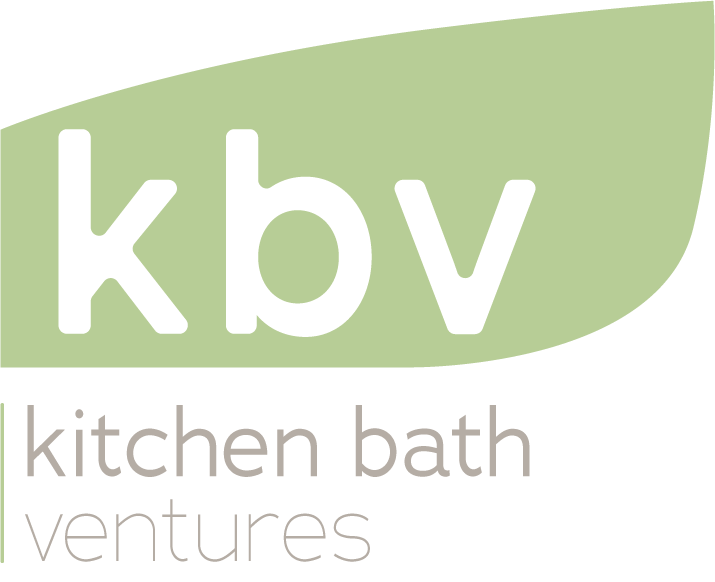

Kitchen Bath Ventures SL

1.6
Madrid, Spain
July 2025
Furniture
Manufacturing
France,
Portugal,
Spain,
United Kingdom,
United States
KBV Group is a Spanish business group specialized in the design and manufacturing of comprehensive home furnishings. Originally focused on kitchens, it has since evolved to provide complete solutions for kitchens, bathrooms, wardrobes, and living spaces, combining design, quality, and functionality. Sustainability is one of its core strategic pillars. The company integrates ESG criteria across all its operations, optimizing production processes, adopting renewable energy, selecting low-impact materials, and promoting a more responsible economy. This commitment also extends to people—fostering diversity, talent, and professional growth within its team, while working closely with suppliers and strategic partners. Headquartered in Madrid with production centers in Spain, KBV Group brings together industrial tradition and innovation to deliver tailored solutions that not only embody design excellence but also contribute to a more sustainable future.
Overall B Impact Score
Governance 17.7
Governance evaluates a company's overall mission, engagement around its social/environmental impact, ethics, and transparency. This section also evaluates the ability of a company to protect their mission and formally consider stakeholders in decision making through their corporate structure (e.g. benefit corporation) or corporate governing documents.
What is this? A company with an Impact Business Model is intentionally designed to create a specific positive outcome for one of its stakeholders - such as workers, community, environment, or customers.
Workers 25.2
Workers evaluates a company’s contributions to its employees’ financial security, health & safety, wellness, career development, and engagement & satisfaction. In addition, this section recognizes business models designed to benefit workers, such as companies that are at least 40% owned by non-executive employees and those that have workforce development programs to support individuals with barriers to employment.
Community 16.6
Community evaluates a company’s engagement with and impact on the communities in which it operates, hires from, and sources from. Topics include diversity, equity & inclusion, economic impact, civic engagement, charitable giving, and supply chain management. In addition, this section recognizes business models that are designed to address specific community-oriented problems, such as poverty alleviation through fair trade sourcing or distribution via microenterprises, producer cooperative models, locally focused economic development, and formal charitable giving commitments.
Environment 24.7
Environment evaluates a company’s overall environmental management practices as well as its impact on the air, climate, water, land, and biodiversity. This includes the direct impact of a company’s operations and, when applicable its supply chain and distribution channels. This section also recognizes companies with environmentally innovative production processes and those that sell products or services that have a positive environmental impact. Some examples might include products and services that create renewable energy, reduce consumption or waste, conserve land or wildlife, provide less toxic alternatives to the market, or educate people about environmental problems.
Customers 4.3
Customers evaluates a company’s stewardship of its customers through the quality of its products and services, ethical marketing, data privacy and security, and feedback channels. In addition, this section recognizes products or services that are designed to address a particular social problem for or through its customers, such as health or educational products, arts & media products, serving underserved customers/clients, and services that improve the social impact of other businesses or organizations.